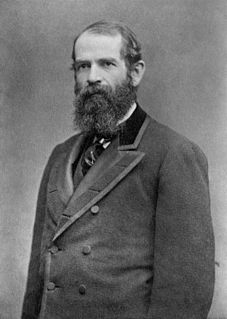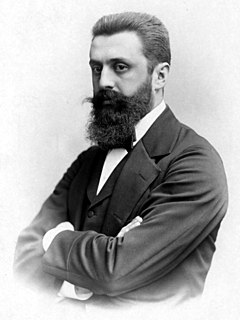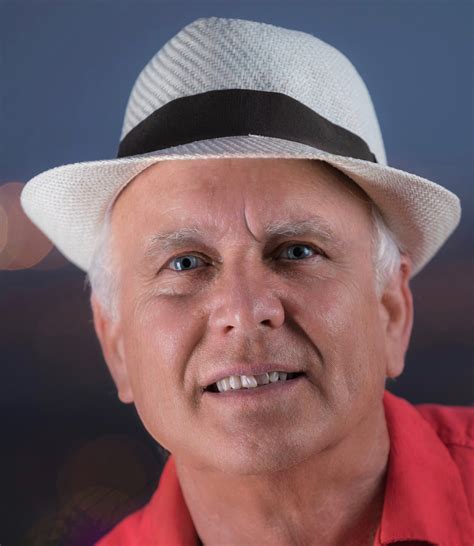A Quote by Jacob Rees-Mogg
Many foreign property owners work in the City of London and are encouraged to bring their expertise and earning power to this country because of the favourable capital tax environment. Attacking their property profit may encourage some to leave, but it would certainly deter others from coming in the first place.
Related Quotes
Private property works like circuitry in electronics, or piping in hydraulics. It conveys wages to the owners of labor power, as well as the various forms of nonwage property income to the owners of capital. In itself, it is no more responsible for maldistribution of purchasing power than the science of bookkeeping is responsible for bankruptcy.
I judge property myself by its net earning power; that is the only rule I have been able to get.... This whole island [Manhattan] was once bought for a few strings of beads. But now you will find this property valued by its earning power, by its rent power, and that is the way to value a railroad or telegraph.
Legislators cannot invent too many devices for subdividing property... Another means of silently lessening the inequality of property is to exempt all from taxation below a certain point, and to tax the higher portions of property in geometrical progression as they rise. Whenever there is in any country, uncultivated lands and unemployed poor, it is clear that the laws of property have been so far extended as to violate natural right.
As to the Income Tax, my opinion is that the needful revenue would be fairly and most fairly raised if paid by property, and by individuals in proportion to their property. A Property Tax should be an assessment upon all land and buildings, and canals and railroads, but not on property such as machinery, stock in trade, etc. The aristocracy have squeezed all they can out of the mass of the consumers, and now they lay their daring hands on those not wholly impoverished.
One ideological claim is that private property is theft, that the natural product of the existence of property is evil, and that private ownership therefore should not exist... What those who feel this way don't realize is that property is a notion that has to do with control - that property is a system for the disposal of power. The absence of property almost always means the concentration of power in the state.
In real estate you can avoid ever having to pay a capital gains tax, decade after decade, century after century. When you sell a property and make a capital gain, you simply turn around and buy a new property. The gain is not taxed. It's called "preserving your capital investment" - which goes up and up in value with each transaction.
I want everyone to keep the property that he has acquired for himself according to the principle: benefit to the community precedes benefit to the individual. But the state should retain supervision and each property owner should consider himself appointed by the state. It is his duty not to use his property against the interests of others among his own people. This is the crucial matter. The Third Reich will always retain its right to control the owners of property.
We must expropriate gently the private property on the state assigned to us. We shall try to spirit the penniless population across the border by procuring employment for it in the transit countries, while denying it employment in our country. The property owners will come over to our side. Both the process of expropriation and the removal of the poor must be carried out discretely and circumspectly. Let the owners of the immoveable property believe that they are cheating us, selling us things for more than they are worth. But we are not going to sell them anything back.
Property is surely a right of mankind as real as liberty. Perhaps, at first, prejudice, habit, shame or fear, principle or religion, would restrain the poor from attacking the rich, and the idle from usurping on the industrious; but the time would not be long before courage and enterprise would come, and pretexts be invented by degrees, to countenance the majority in dividing all the property among them, or at least, in sharing it equally with its present possessors.
A product of your life and liberty is your property. Property is the fruit of your labor, the product of your time, energy, and talents. It is that part of nature that you turn to valuable use. And it is the property of others that is given to you by voluntary exchange and mutual consent. Two people who exchange property voluntarily are both better off or they wouldn't do it. Only they may rightfully make that decision for themselves.

































